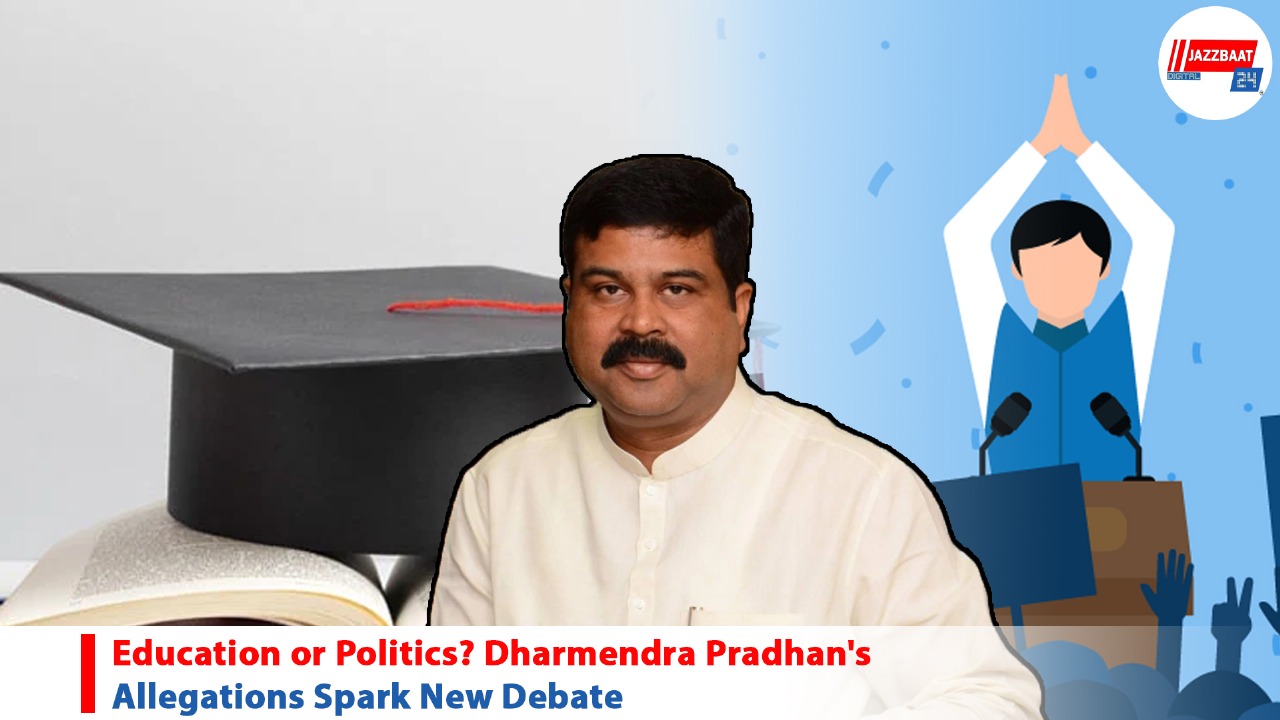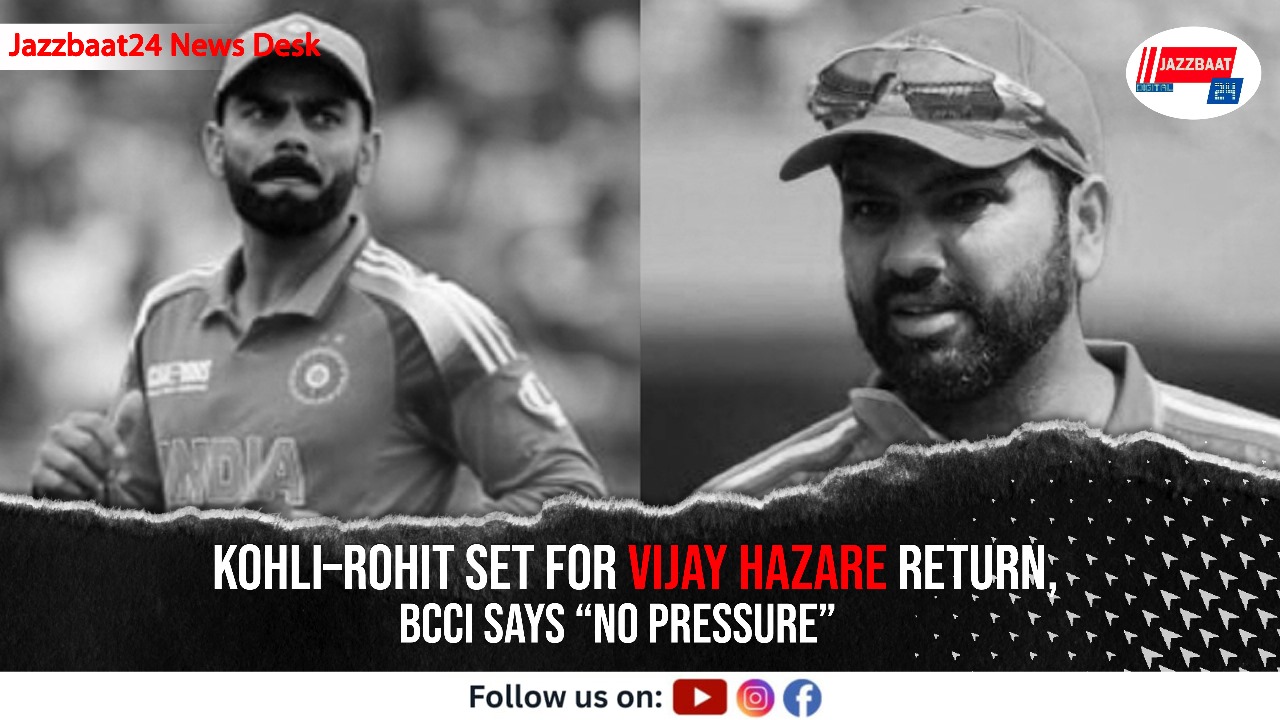Union Education Minister Dharmendra Pradhan has recently criticized the DMK government for politicizing education. He claimed that the ruling party in Tamil Nadu, due to undue political pressure, has been taking damaging decisions regarding education, all of which are likely to prove detrimental to the future of students.
He singled out the fact that the DMK government was opposed to NEP as an important mark against their administration.
When the central government introduced this policy to modernize and revamp the education system in the country, the DMK government seemed muzzled to even take it forward. He accused the DMK, perhaps unjustly, of opposing reforms simply because it was a way to improve their political standing in Tamil Nadu, thereby doing grave injustice to the future of Tamil Nadu's youth.
According to him, education should not be influenced by politics, and every state government should seek to develop education standards. He has pointed out that the DMK's willfulness against NEP might spell students in Tamil Nadu to be at a disadvantage during all-India competitive exams.
Besides, he has also commented on the ineffectiveness of the state government to implement various central education schemes, which is really restricting the opportunities of the younger generation of that state.
This was, however, quickly denied by the DMK government, which alleged that NEP was an attempt to impose a centralized education system and that it might kill regional languages. The DMK is of the view that though educational reforms are completely justified and warranted, they should be in sync with the culture and linguistic identity intrinsic to the state.
The question of education has always had a polarized view between the central and state governments. With Dharmendra Pradhan's latest comments, the discussion has now again become topical, and one will have to wait and see how this ongoing litigation on education policies plays out.


fullimage.jpg)



